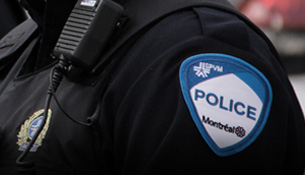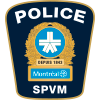
Police Investigation Process
Victim of a criminal act
If you are the victim of a criminal act, you can report it to the police. If this happens to you, depending on the urgency of the situation, you can either ask for help from the police by calling 911 (emergency) or go to the nearest police station.
After the police take your information and confirm the event, a police report will be written up. This report will then be sent to the appropriate investigation centre, where it will be analyzed by an inspector. After the analysis, the complaint will be classified as “to be pursued” or “no further investigation recommended.”
Investigation to be pursued
An investigation is “to be pursued” when the evidence suggests it will be possible to identify the perpetrator(s) of the crime. In this case, your file will be transferred to an investigator in the unit concerned, who will pursue the investigation and conduct further inquiries. Your cooperation is crucial to the outcome of the investigation.
No further investigation recommended
If the proof or witnesses are insufficient to identify the perpetrator(s), your file will become inactive, because there is no way to resolve it for the time being. Rest assured that even though your file is inactive, all the facts and proof will be processed and analyzed. Your case might be handled in a “concentration” investigation, which is an investigation into several crimes similar to or related to your case which gathers all the clues and examines them together, to increase the chances of solving the crimes.
If new evidence is found that allows the investigation to go forward, your case will be reactivated immediately.
No matter how it is classified, your file is still important.
Find out more
For a number of minor offences (theft in vehicles or mischief for example), residents of the greater Montréal area are asked to prepare an incident report or have one taken by a police officer.



